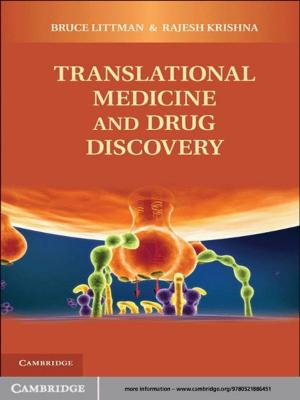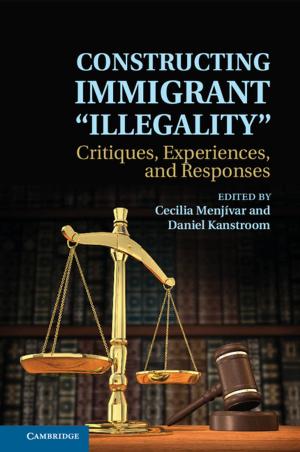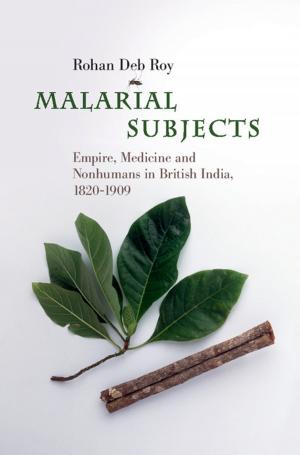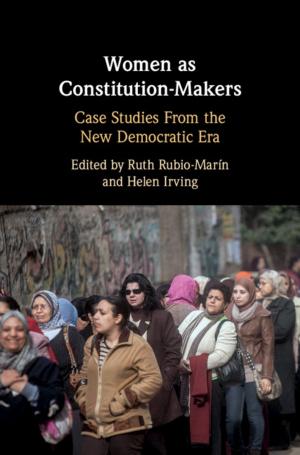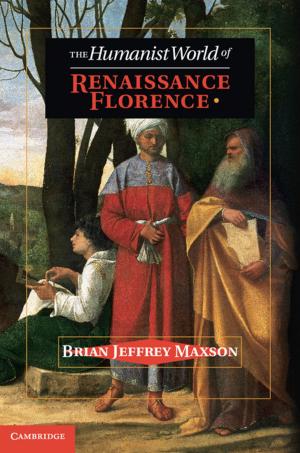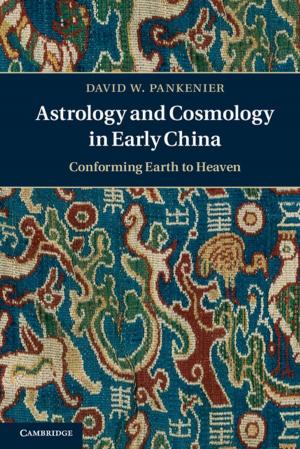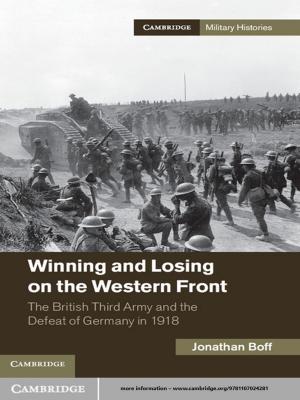The Holocaust and the Germanization of Ukraine
Nonfiction, History, European General, Social & Cultural Studies, Social Science| Author: | Eric C. Steinhart | ISBN: | 9781316234747 |
| Publisher: | Cambridge University Press | Publication: | February 9, 2015 |
| Imprint: | Cambridge University Press | Language: | English |
| Author: | Eric C. Steinhart |
| ISBN: | 9781316234747 |
| Publisher: | Cambridge University Press |
| Publication: | February 9, 2015 |
| Imprint: | Cambridge University Press |
| Language: | English |
The German invasion of the Soviet Union during the Second World War was central to Nazi plans for territorial expansion and genocidal demographic revolution. To create 'living space', Nazi Germany pursued two policies. The first was the systematic murder of millions of Jews, Slavs, Roma, and other groups that the Nazis found undesirable on racial, religious, ethnic, ideological, hereditary, or behavioral grounds. It also pursued a parallel, albeit smaller, program to mobilize supposedly Germanic residents of Eastern Europe and the Soviet Union - so-called Volksdeutsche or ethnic Germans - as the vanguard of German expansion. This study recovers the intersection of these two projects in Transnistria, a portion of southern Ukraine that, because of its numerous Volksdeutsche communities, became an epicenter of both Nazi Volksdeutsche policy and the Holocaust in conquered Soviet territory, ultimately asking why local residents, whom German authorities identified as Volksdeutsche, participated in the Holocaust with apparent enthusiasm.
The German invasion of the Soviet Union during the Second World War was central to Nazi plans for territorial expansion and genocidal demographic revolution. To create 'living space', Nazi Germany pursued two policies. The first was the systematic murder of millions of Jews, Slavs, Roma, and other groups that the Nazis found undesirable on racial, religious, ethnic, ideological, hereditary, or behavioral grounds. It also pursued a parallel, albeit smaller, program to mobilize supposedly Germanic residents of Eastern Europe and the Soviet Union - so-called Volksdeutsche or ethnic Germans - as the vanguard of German expansion. This study recovers the intersection of these two projects in Transnistria, a portion of southern Ukraine that, because of its numerous Volksdeutsche communities, became an epicenter of both Nazi Volksdeutsche policy and the Holocaust in conquered Soviet territory, ultimately asking why local residents, whom German authorities identified as Volksdeutsche, participated in the Holocaust with apparent enthusiasm.


